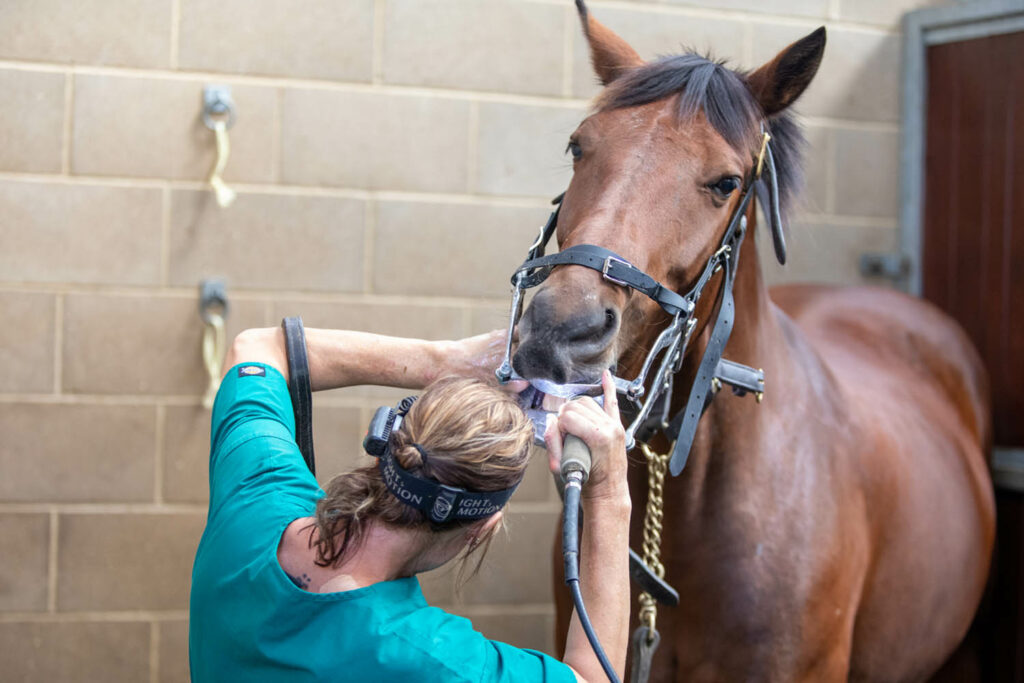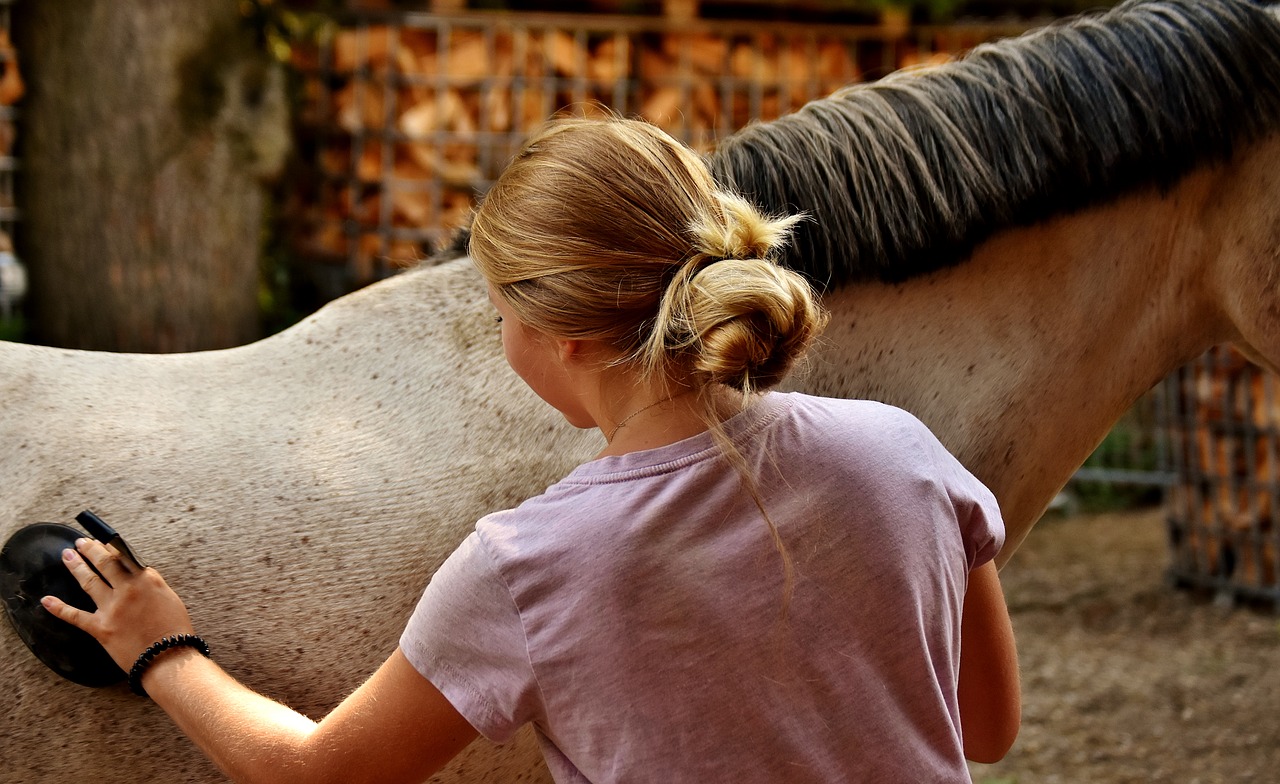As the sweltering summer months approach, ensuring senior horse hydration in summer becomes a critical task for every equestrian enthusiast. The needs of older horses are unique, and their ability to regulate body temperature and maintain adequate hydration diminishes with age. Understanding these requirements is vital to keep them healthy and happy.
The primary concern during summer is maintaining adequate hydration levels in senior horses. Dehydration can lead to a myriad of health issues, including colic, kidney problems, and heatstroke. Therefore, it is essential to monitor their water intake and make necessary adjustments to their care routine.

Understanding Senior Horse Hydration Needs
Older horses often face challenges in maintaining hydration due to a variety of factors. Decreased thirst perception, dental issues, and reduced kidney function can all contribute to dehydration. It is crucial to recognize these challenges and adapt care practices accordingly.
Signs of Dehydration in Senior Horses
Recognizing the signs of dehydration early can prevent severe health consequences. Common symptoms include dry mucous membranes, sunken eyes, and decreased skin elasticity. If you notice any of these signs, immediate action is necessary.
Daily Water Intake Recommendations
On average, a horse needs to consume 5 to 10 gallons of water per day. However, during the hot summer months, this requirement can increase significantly. Providing constant access to fresh and clean water is imperative to meet these increased needs.
Strategies for Ensuring Adequate Hydration
Providing Constant Water Access
Ensure that your senior horse has unrestricted access to water at all times. Consider installing automatic waterers or multiple water troughs in their pasture to encourage frequent drinking.
Electrolyte Supplements
Electrolyte supplements can be beneficial for older horses, especially those that sweat excessively. These supplements help replace lost minerals and encourage drinking. Always consult your veterinarian before adding electrolytes to your horse’s diet.
Monitoring Water Quality
Regularly check the quality of the water your horse consumes. Ensure that it is clean, free from contaminants, and at a palatable temperature. Warm water may discourage drinking, so consider providing cooler options during the heat of the day.
Adjusting Diet to Promote Hydration
Adding Moisture to Feed
Incorporating moisture-rich feeds, such as soaked beet pulp or hay, can help increase your horse’s water intake. This approach is particularly useful for horses with dental issues that make chewing dry hay difficult.
Offering Hydrating Treats
Consider providing fruits and vegetables like watermelon and cucumbers as hydrating treats. These not only add variety to the diet but also contribute to overall hydration.
The Importance of Regular Veterinary Check-Ups
Routine veterinary visits are crucial for monitoring the overall health of senior horses. Regular check-ups can help identify any underlying health issues that may affect hydration, such as kidney problems or dental disease. For more information on senior horse check-ups, visit annual check-up.
Environmental Considerations for Hydration
Providing Ample Shade
Ensure that your horse has access to shaded areas in their pasture. Shade helps reduce heat stress and encourages more frequent drinking.
Using Fans and Misters
Fans and misters can help keep your horse cool, reducing the risk of dehydration and heatstroke. These tools can be particularly beneficial for older horses that have difficulty thermoregulating.

FAQs About Senior Horse Hydration
How can I tell if my senior horse is dehydrated?
Look for signs such as dry gums, sunken eyes, and a prolonged skin pinch test. If these symptoms are present, consult your veterinarian immediately.
Can I use sports drinks for horse hydration?
While sports drinks are not recommended, commercial electrolyte solutions designed for horses are a safer choice. Always consult your vet before introducing new supplements.
Is it safe to add salt to my horse’s diet?
Adding salt can encourage drinking, but it’s essential to provide it cautiously. Consult your veterinarian to determine the appropriate amount for your horse’s specific needs.
For additional information on caring for senior horses, consider visiting the University of Minnesota Extension or Virbac’s guide on senior horse care. Maintaining senior horse hydration in summer is a continuous effort, but with diligent care and attention, your senior horse can enjoy a comfortable and healthy life.
This article contains affiliate links. We may earn a commission at no extra cost to you.
